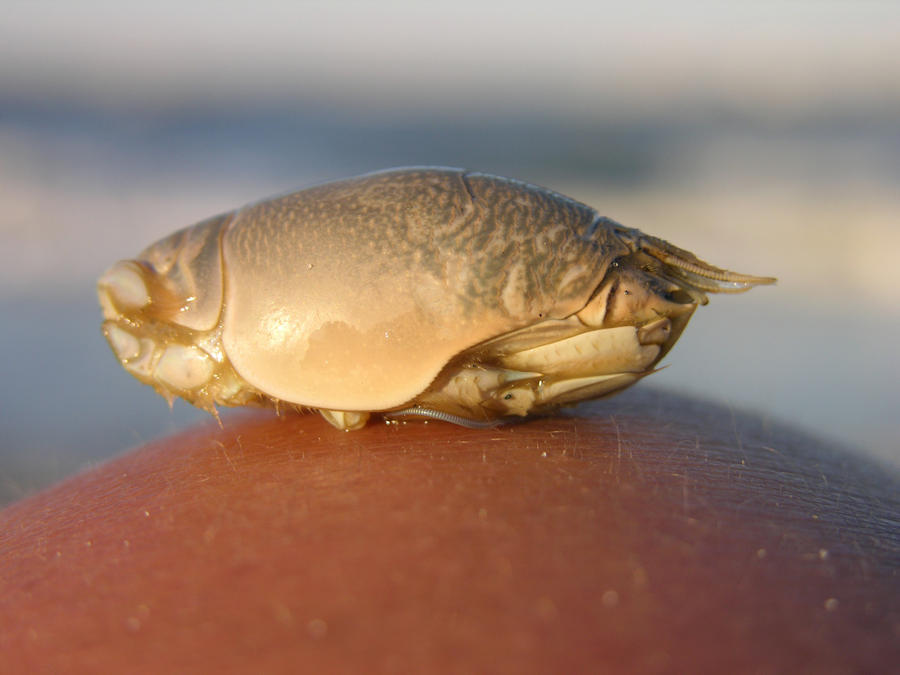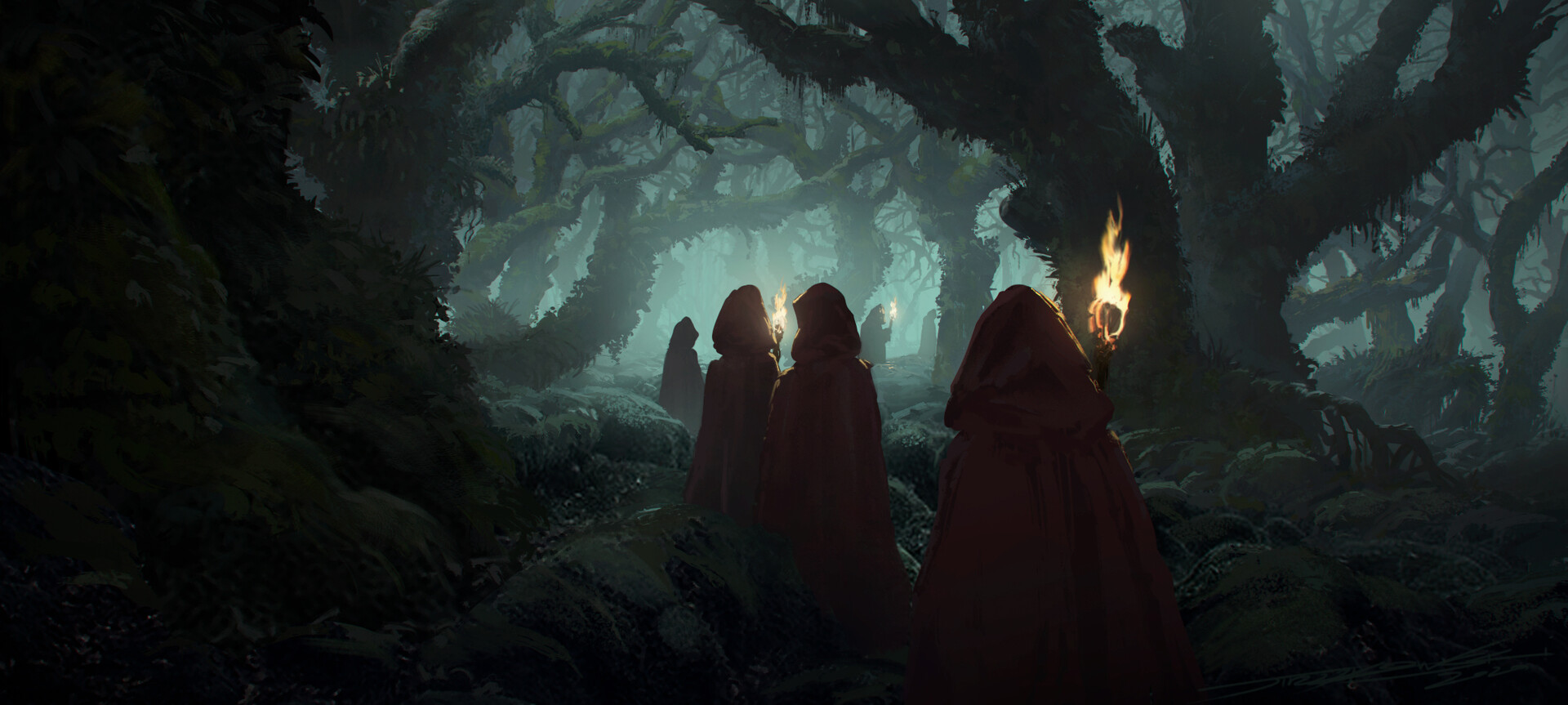This is part two. Click here for part one.
Conflict is a way of life in Jacquet. Every man, woman, or child has had some sort of fight to rationalize in their daily lives. Someone hasn't had their thorn bushes flower in weeks. Others have a debt to pay with loan sharks or neighbours. Nobody has a peaceful, boring life in Jacquet because peace implies you aren't doing anything with it.
And so, every week, the coliseum fills for the bloody festivities. Mostly gladiatorial events or brawls between beasts (a shmuck fighting a bear is typically seen as pretty one-sided for the bear and therefore boring). Sometimes a particularly rowdy gentleman will sign themselves up to settle an old rivalry. Fistfights over unpaid debts are frequent.
Everybody makes a little bit of coin on fight day. Gambling is encouraged, if not expected, pastime. Many opportunists have taken advantage of the events by setting up "betting tables" for the day, only to close shop when the fight ends. Sometimes this occurs before the winners get their payout. This does not end well for them.
Whenever the fights begin, the crowd roars. Distant birds scatter at the sound of wailing hordes. It is a momentous occasion. Absolving. It is a cleansing of shame. Of virulence. A prize to be won.
But there is an expected result when the day is over, and the coin is counted. Every visitor knows to leave a crown in the small, leathery basket just by the door. Nobody knows who put the basket there, only that it is something you must do.
Because this patronage is reserved for the star.
A Challenger Approaches
The result is the same every week.
The crowd pours in, filling their seats with fervent anticipation. Any betting that was set to begin had already started behind the gate. Merchants and soldiers pour in from near and close, far and wide, to experience the festivities.
Children play with twigs and stones. Seniors recall tales of yore to their neighbours by pointing out the various scars across their bodies. There is always a flowery scent in the air. Pleasure, food, death, and fear are palpable tastes in the coliseum.
They all see the bump. That obsidian mound furled up atop the arena's sands.
It is an object paid no mind. It would be unthinkable to attend to a thing so ordinary, so dull to this town's residents, like the ornamental fountain in a town square. The crowd bubbles forth from their homes and their tunnels into the bleachers, awaiting the games to begin, and they wait. A stunted cough or jeer snubs out the perpetual anticipation of the crowd. At once, the seats are finally filled, the gates are swung shut, and the festivities can truly begin. That is when the main event presents itself.
Meet Skullcrusher. The Crown of Mètin.
 |
| Buff Bug. |
The Main Event
Nobody knows where The Crown came from, having arrived one day from the outskirts of town, a herculean force of chitin and muscle. He had no name, influence, or money to spend. He did not speak to any shopkeepers or merchants, nor did he care for the bickering in the streets and bumbling rush of patrons. Any threats to his appearance or plum-faced young men were ignored. All he did was walk. Into town. Into the markets. Into the square. It had only been finished a decade by the time he reached the Coliseum, young sculptors still scrubbing mortar off its walls.
The bug had marched across its still-glistening floors, pushed through its freshly wrought gates, and beamed. As if they welcomed a champion who had already proven their worth. Nobody had seen this imp before, never one of its size. Its appearance was that of dread. Finally, it had reached the centre of the coliseum's sandy pits, and once it had scanned the land around it, it paused. The not-yet-named Crusher of Skulls tilted its horn to the air, blew air from its face, and collapsed to the floor. Snug and sound crumpled together with his horn to his knees. Some believe that he had come here to die. Others that he was punished: struck away from some terrible deed. The hopeful in Jacquet feels he has merely come for a good fight.
Whatever reason it may be, he has remained since. Having shown no signs of stopping.
(note: Skullcrusher is an Imp; basically a bug-like humanoid in my setting. There are many kinds of Imps and many more subspecies of imp-like creatures, but that is something to develop in another post. Just know that Skullcrusher is a very large but not entirely out-of-the-ordinary imp. He isn't necessarily weird because he is a bug, but because he's an odd bug.)
 |
| Imagine a 9' tall, buff humanoid bug, except the red colour on their chitin wasn't always there. |
Skullcrusher does not do much. The bug refuses to speak and doesn't appear to understand the common tongue (and if he did, he hasn't shown any evidence of it yet). Communication through another imp seems to bring a mild sense of understanding, although it isn't much. Imps can communicate non-verbally through a series of chemical processes, producing whatever respective pheromone messages they desire. Think of it like chemical telepathy.
Anyway, trying to commune with the warrior in this way is only marginally better than direct attempts. What was before constant silence is instead a bunch of faint groans and breathing noises. Like speaking to a neanderthal. Nobody has gotten information from the bug, and anyone who has either hasn't shared it or quickly died by his hands.
Because Skullcrusher didn't get his name by telling people, he earned it by committee.
When the crowd is at its peak, Skullcrusher rises from his slumber. This time isn't consistent with any specific period or day. More often than not, the bug doesn't wake until some event has already occurred. Common bets include when exactly the hulking monstrosity rises from their ball. All the while, fighting dogs and gladiators circle around his presence. A living environmental hazard.
Fighters dance between his body like a pit. Beasts ignore his presence entirely. Whenever a particularly clumsy fighter bumps into the mound, the crowd gasps. Usually, this does nothing. But usually does not cover everything, and so the betting tables rise.
At some point in the day, for whatever reason it may be, the bug awakens. And the crowd roars. Blood may pool from a fighter's throat into the sand beneath the mound, or a particularly haughty warrior might kick or strike the bug. Sometimes there is silence. Eventually, there is war.
Sand rumbles, stones turn, and the monster unfurls itself.
Being in the crowd when the Crusher of Skulls awakens is an exhilarating experience. Being in the arena when the mound turns into a hulking, blood-soaked monstrosity is sheer terror.
Dogs run. Men attempt to scamper up walls or plead for their lives. Imps oft stand in stunned disbelief, communing in vain with the bug as its horn expunges their abdomen. When the penny-scented dust finally settles (typically sooner than later), the Skullcrusher stands victorious. He does not carry a blade, armour, or shield. Just himself, and it is enough.
An Introductory Course
You may notice an overall lack of explanation as to who Skullcrusher is or why exactly they arrived in Jacquet. This is on purpose.
This is an introduction of mine to this sort of writing style (hello, new readers, blogs at this point are very new to me!). Still, I wanted to focus moreso on the overall vibe of the big man. His occupation of Jacquet is a part of a much larger aesthetic. In fact, he's the living definition of it, and yet there's a bit more to his character that I haven't quite touched on. I think I'll touch on it in a future article. I've also stayed away from giving him a specific statblock because I want to keep things system-agnostic. Creating a statblock means I've limited his potential somewhat. Gotta keep things open.
This was also written to tie in nicely with the previous article. I'm still learning!
So, adventure hooks!
1. The party has gone to Jacquet after a long day of adventuring, having been swindled into entering the day's festivities with the promise of coin. As their chosen fighter enters the arena, the party is horrified to see an awoken Skullcrusher, who's just made short work of at least a dozen other contenders.
2. A neighbouring noble (either of a duchy or prosperous enterprisee) has declared a bounty on the mysterious Crusher of Skulls, who has apparently murdered their son/daughter/favourite knight. The party must investigate whether or not the imp is actually responsible for their untimely demise and rationalize the possibility of bringing him in.
3. Skullcrusher hasn't gotten up in quite some time. At first, folks believed that the bug had finally kicked the bucket in his sleep, but he's still there: those chitinous plates of his shifting with each breath. While many suggest moving the bug and taking him elsewhere (or just dumping his "corpse" in a river), others see it as an opportunity to experiment. Also, lots of people want their folk hero back. Perhaps there's a way to help?
4. You've done it. You've fulfilled the impossible and defeated the prize champion of the Jacque-de-Lune. In their dying breaths, the Crown of Mètin gives you a look almost of understanding, before collapsing into the dust below. The crowd roars, celebrating your victory over the unbeatable. His title is yours. His unspent coffers now conjoined with your own. It comes as a surprise, then, when cheers are replaced with mumbles, and another voice enters the fray. An eldritch call to action.














